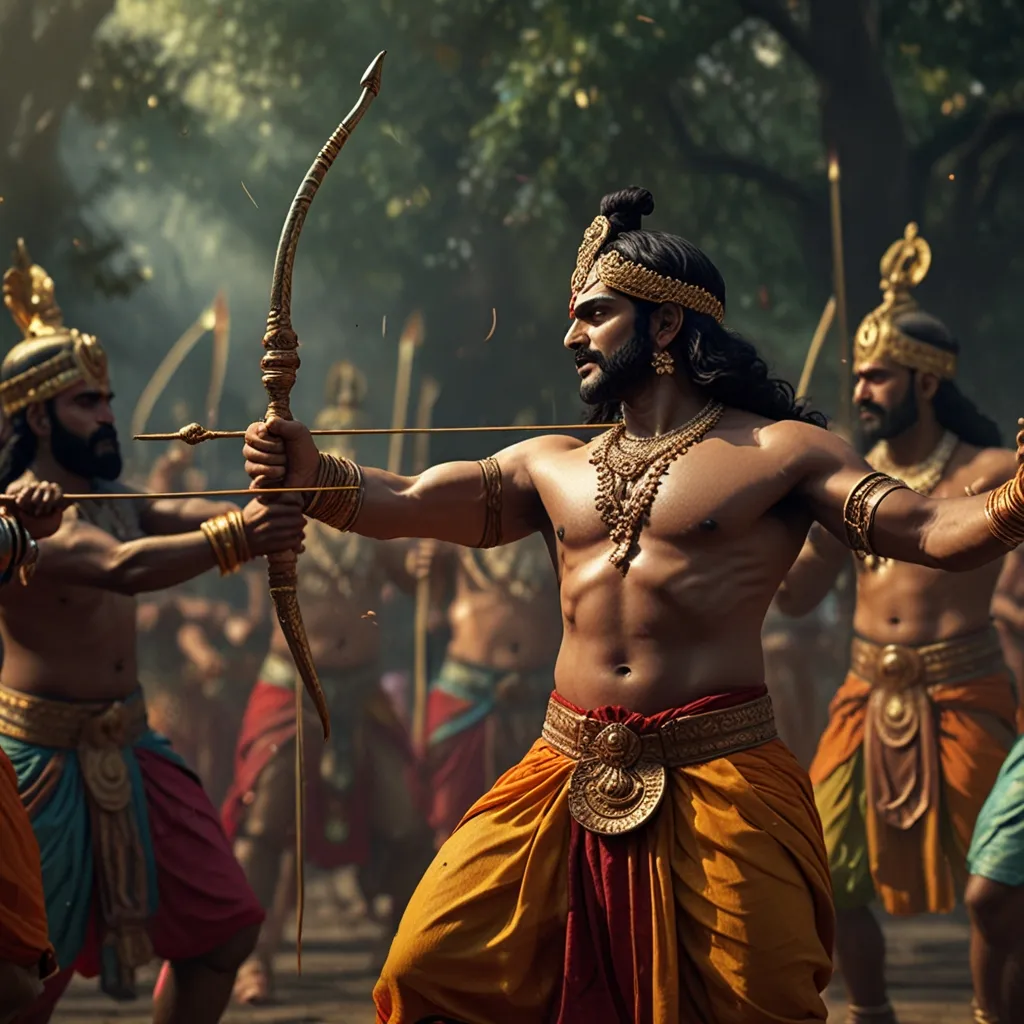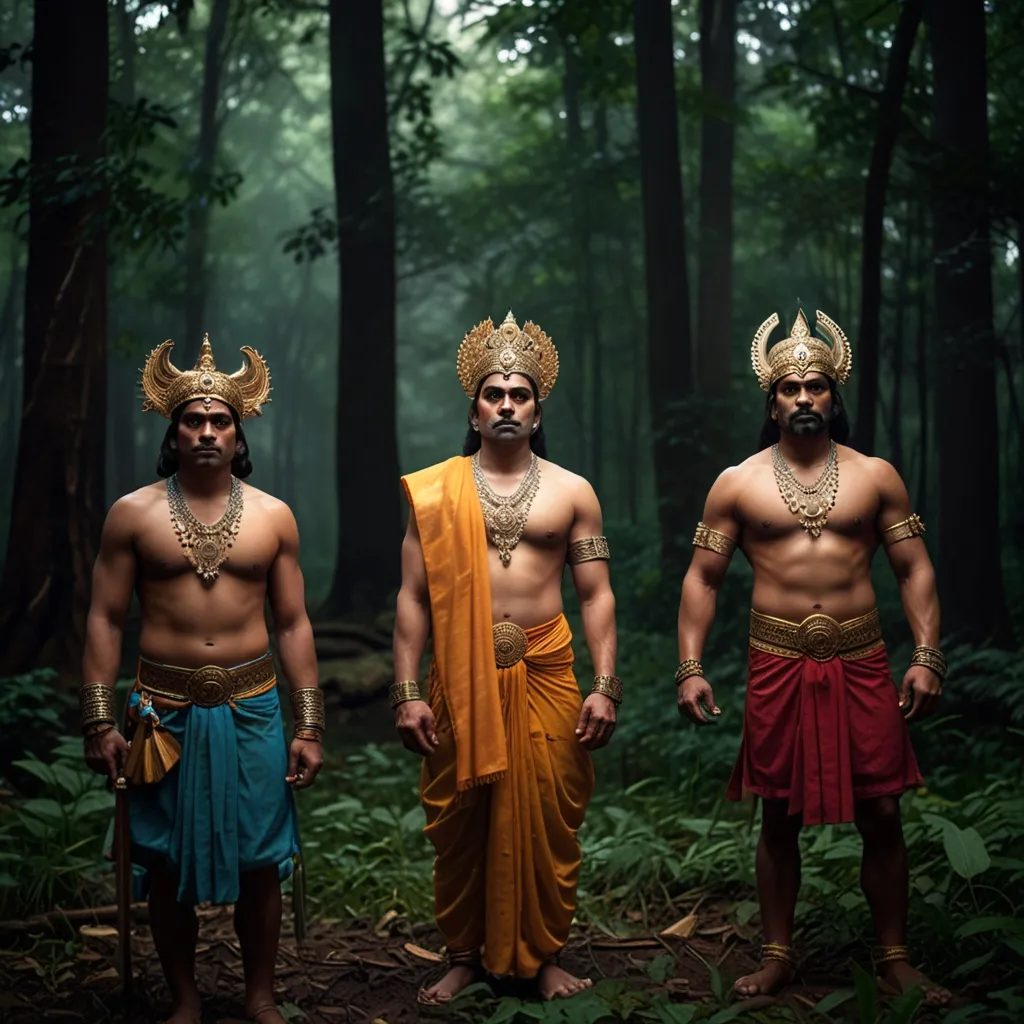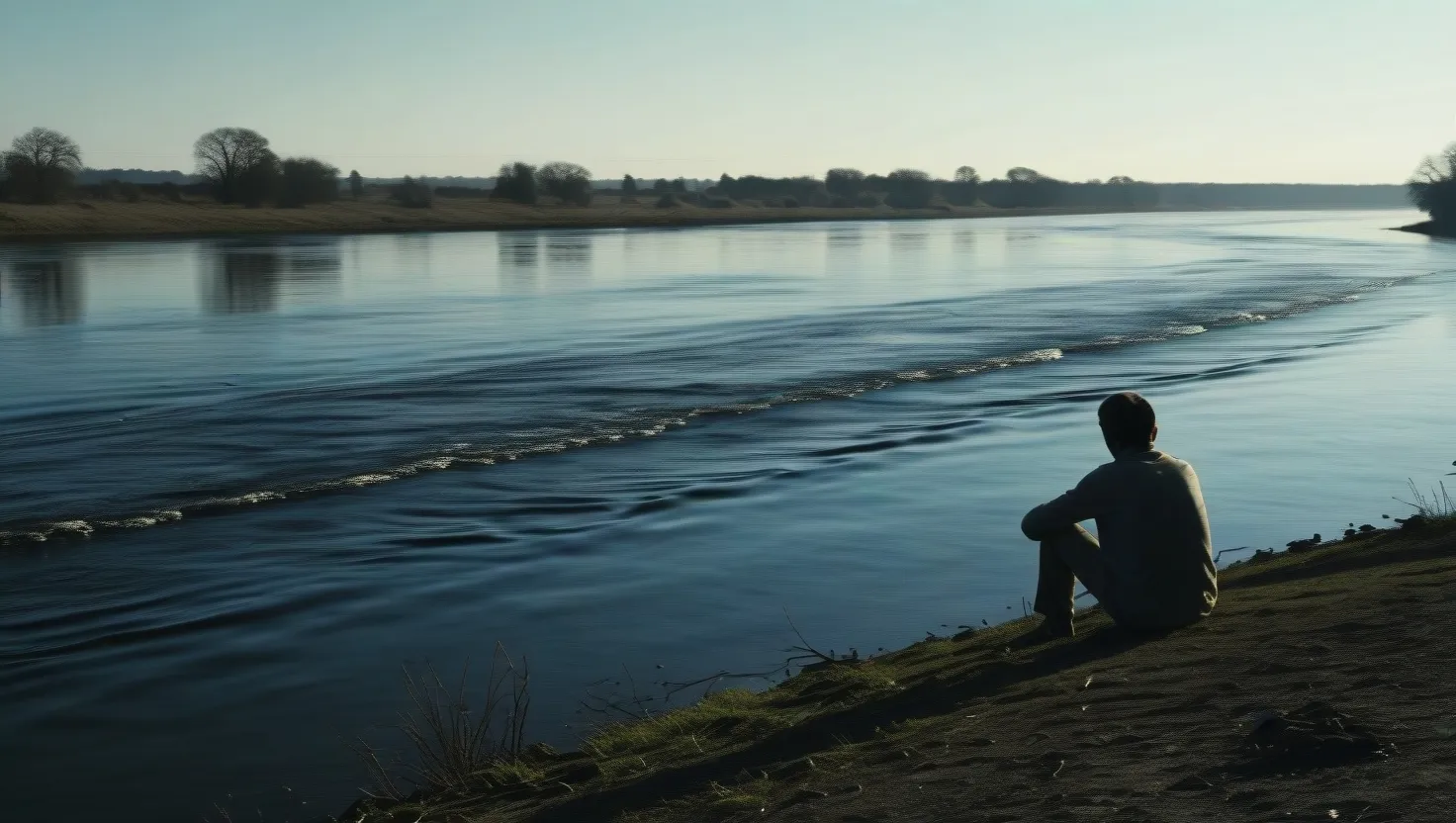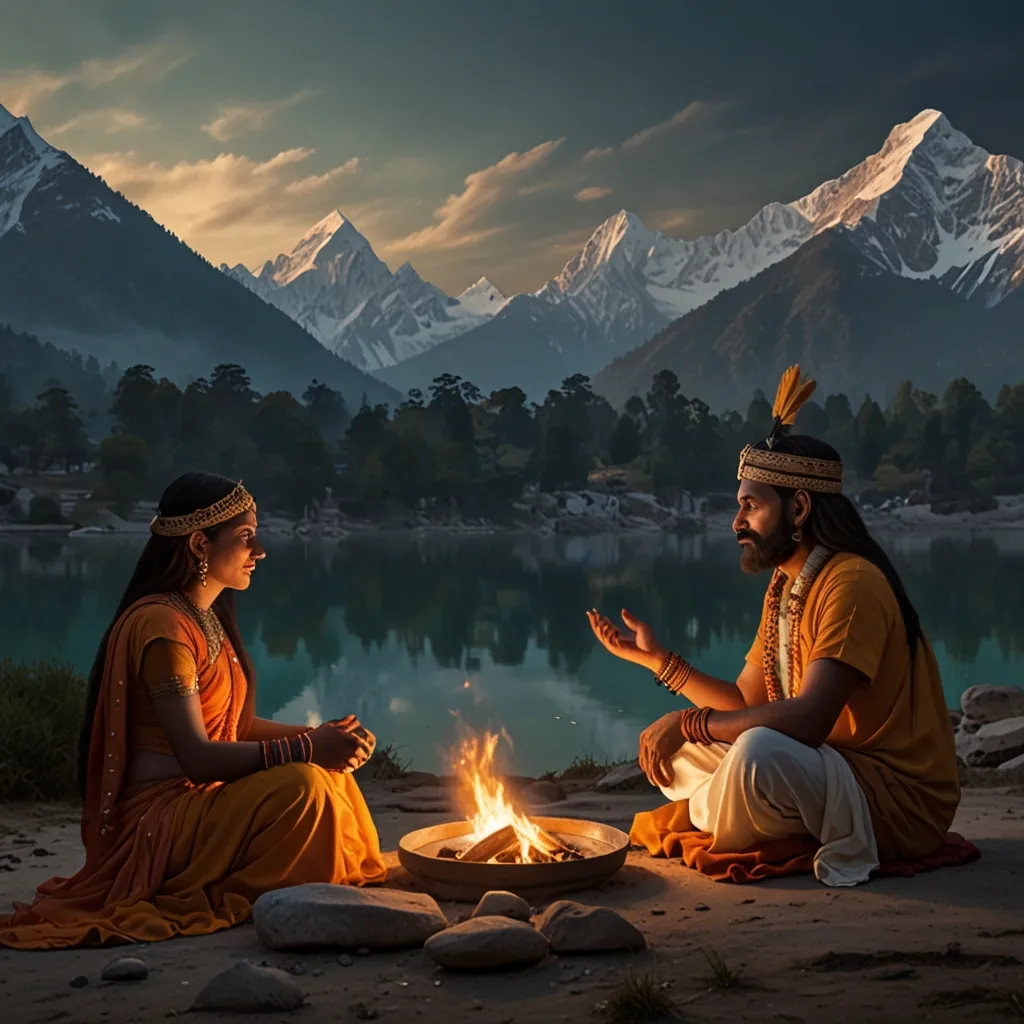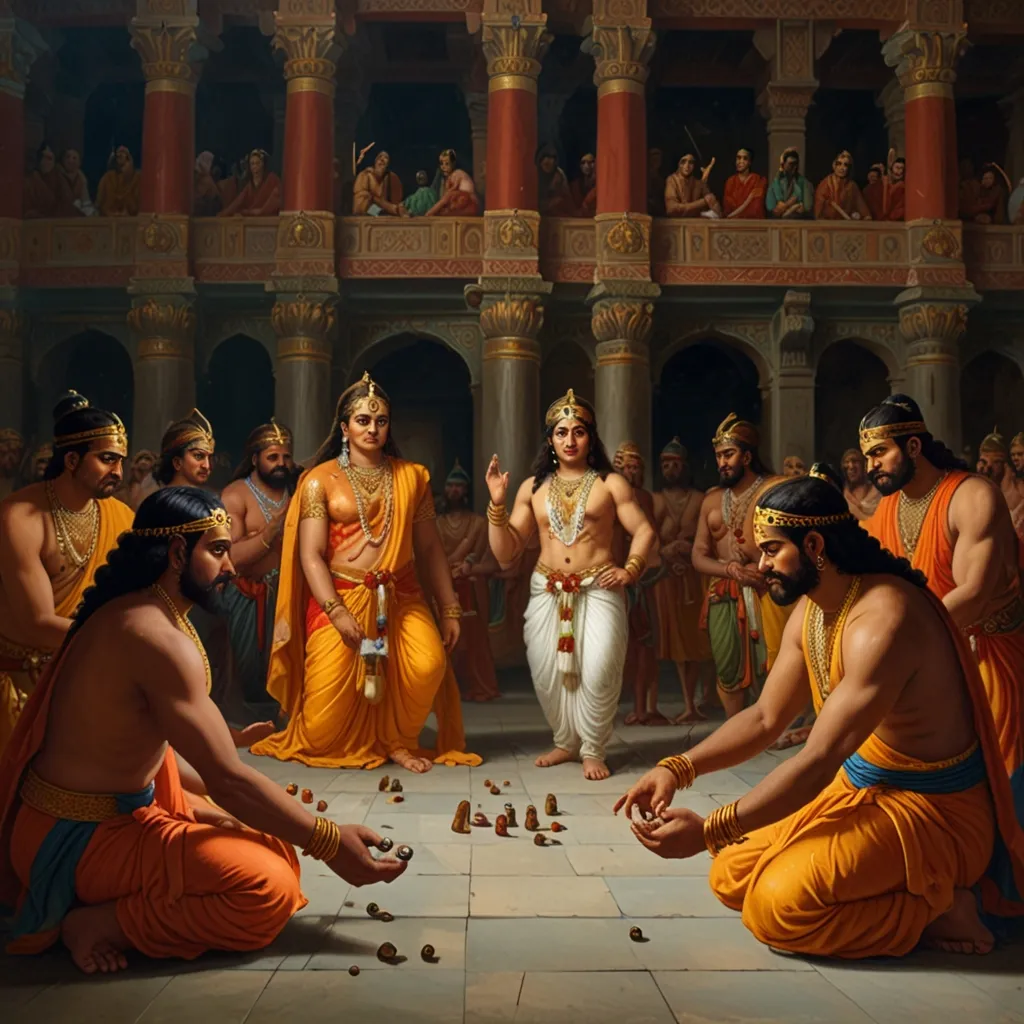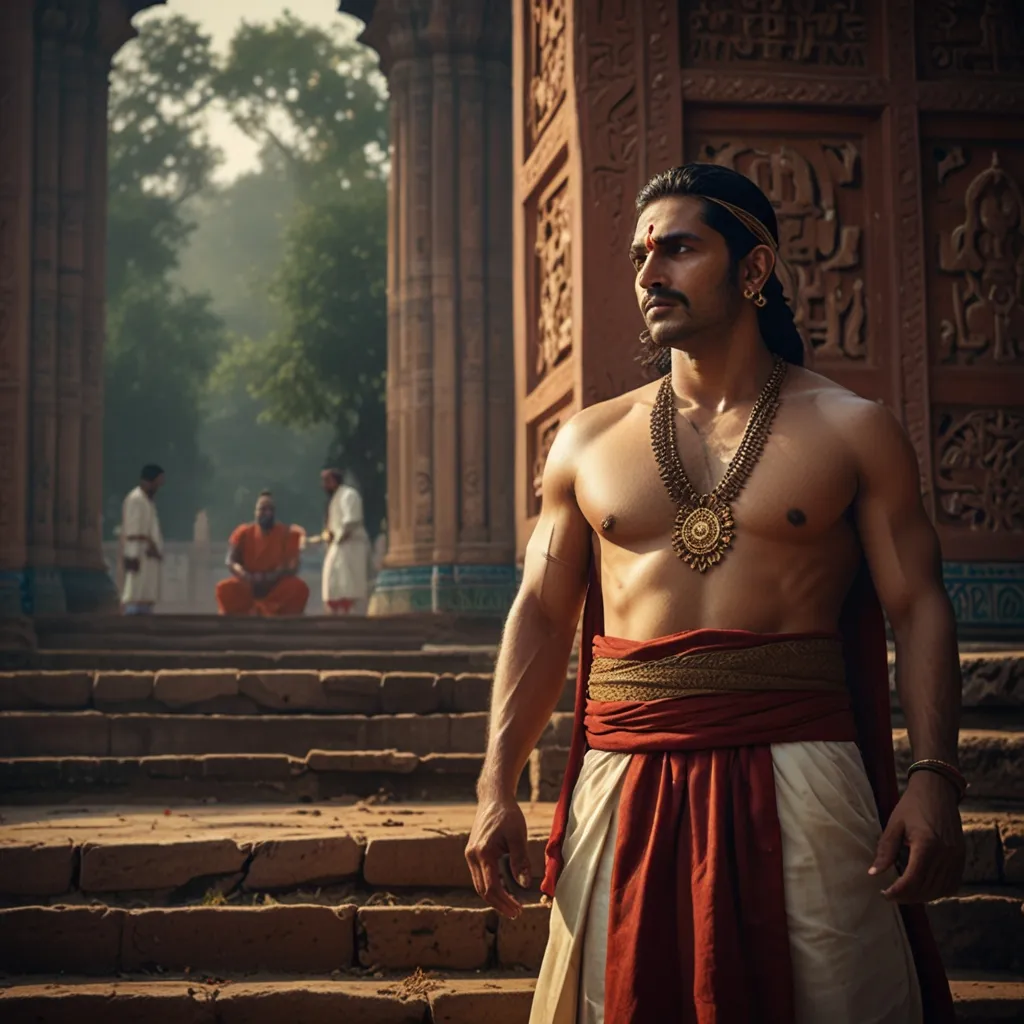In the age-old kingdom of Panchala, a monumental event was unfolding. It was the swayamvara of Draupadi, the radiant and fiery daughter of King Drupada. This wasn’t your everyday wedding; it was a contest of might, prowess, and bravery. Royalty from every corner of the land gathered, hoping to win Draupadi’s hand. The challenge was anything but easy: string a powerful bow and hit a moving target reflected in a pan of oil below.
The day was buzzing with anticipation and nervous energy. The stadium was jam-packed with onlookers, each one eager to see history in the making. One after another, princes stepped up to attempt the bowstringing feat, but all fell short. Each failure brought a wave of murmurs from the crowd, their dreams of securing Draupadi’s hand fading with each misstep.
Amidst the sea of contenders, a striking figure made his way forward. It was Karna, known far and wide for his extraordinary archery skills. As the son of a charioteer, his prowess was legendary. With unwavering focus, he prepared to make his shot. But before he could release his arrow, Draupadi’s voice sliced through the air, resolute and unwavering: “I will not marry the son of a charioteer.” The statement hit like a thunderbolt. Karna’s face flushed with anger and humiliation. Without a word, he cast the bow aside and retreated.
The crowd was momentarily bewildered by Draupadi’s declaration. Duryodhana, Karna’s close ally, simmered with rage but stayed put, held back by his uncle Shakuni. The competition pressed on, but no one managed to string the bow. It seemed as though Draupadi’s hand would go unclaimed.
Just when it appeared all hope was dashed, a group of brahmins made their entrance. Among them was Arjuna, one of the Pandava brothers, disguised cleverly. Krishna, observing from the sidelines, nudged his brother Balarama and whispered, “Those are the Pandavas. They survive.”
In a moment of sheer audacity, Arjuna stepped up, all eyes on the target. Doubts rippled through the audience; how could a mere brahmin accomplish what powerful princes could not? But Arjuna was far from ordinary. In one fluid motion, he strung the bow and unleashed five arrows consecutively, hitting the target perfectly. The crowd exploded in cheering, celebrating the unforeseen victor.
Draupadi, awestruck by Arjuna’s skill, adorned him with the victor’s garland. The Pandavas, still incognito, had to fend off the enraged princes and whisk Draupadi away to their modest dwelling. This marked the start of an adventure that would pivot their lives in unimaginable ways.
After reaching home, the Pandavas disclosed their true selves to Draupadi. They were the sons of King Pandu, hiding to evade their cousins, the Kauravas. Draupadi, initially shocked, came to terms with their revelation and agreed to marry all five brothers.
Their marriage was unlike any other. Draupadi would spend a year with each brother, maintaining an extraordinary balance. To preserve her chastity, she would undergo an annual ritual of walking through fire, reinstating her virginity. With time, she bore five sons: Prativindhya with Yudhishthira, Sutasoma with Bhima, Shrutakarma with Arjuna, Shatanika with Nakula, and Shrutasena with Sahadeva.
The blissful days were numbered. One day, Arjuna violated their rigorous marital arrangement by interrupting Yudhishthira during his time with Draupadi. The penalty: Arjuna’s self-imposed exile. This exile took him to various lands where he married three princesses: Ulupi, Chitrangada, and Subhadra.
Arjuna’s adventures led him to a perilous lake swarming with crocodiles. With fearless valor, he plunged into the water and grappled with a crocodile. To his amazement, the crocodile morphed into an ethereal apsara – a celestial nymph. She revealed that she and her companions had been cursed by a rishi to live as crocodiles, liberated only by Arjuna’s bravery. With the curse broken, they ascended back to the heavens, leaving the lake safe for all.
The tale of Draupadi’s swayamvara set off a cascade of events that would alter the Pandavas’ fate and that of the Kuru kingdom. It was a saga of love, valor, and the intricate dance of human relationships, immortalizing the spirit of the Mahabharata.
